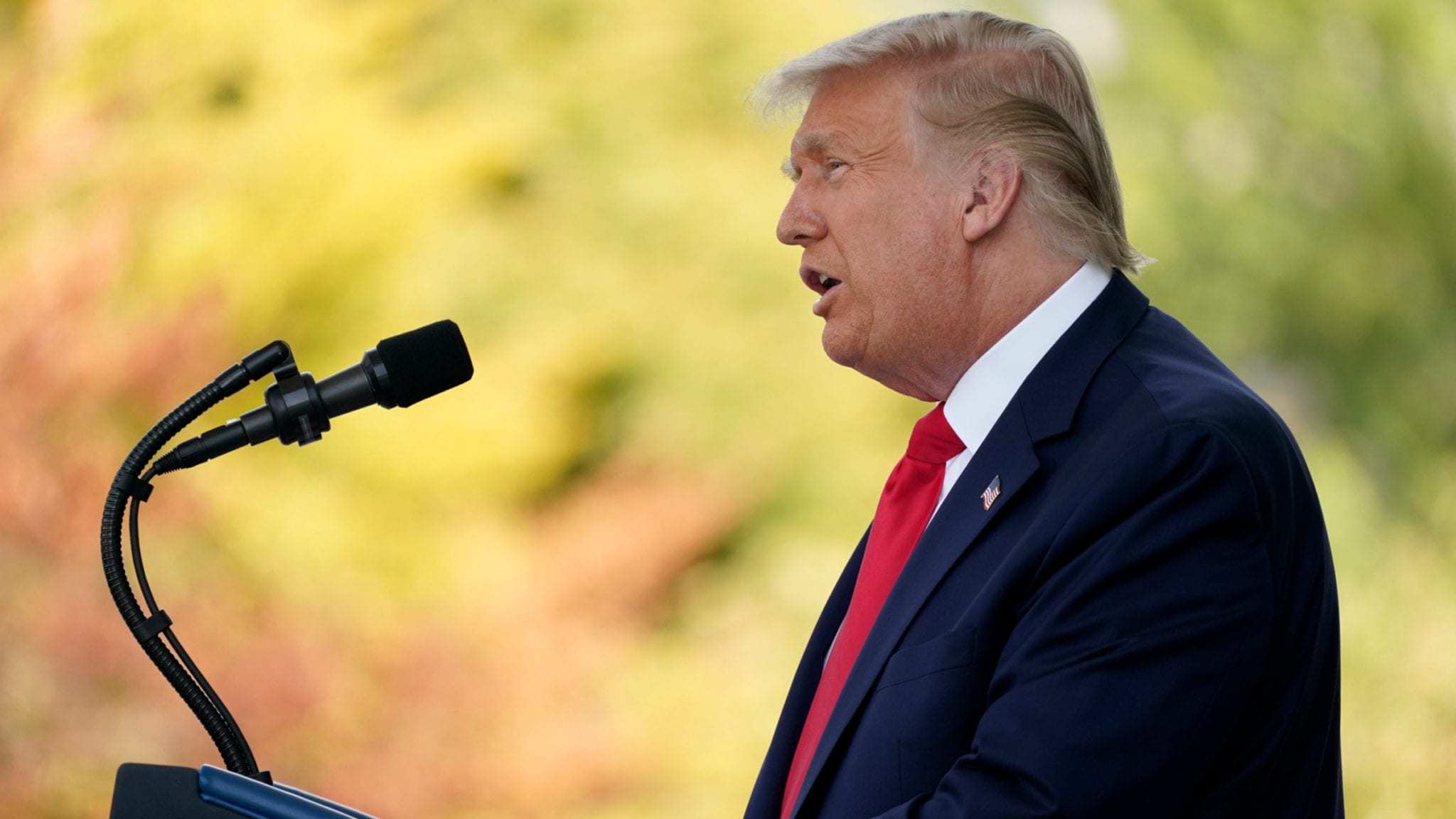
Trump ups the stakes with 'granddaddy of them all' drug pricing executive order. But he could be running out of time
When President Donald Trump signed four executive orders in late July aiming at lowering drug prices, details of the most controversial — “the granddaddy of them all,” according to Trump — were conspicuously missing.
Almost two months later, the text is finally here. And it’s already been expanded.
The EO instructs Health and Human Services Secretary Alex Azar to test a payment model in which Medicare would pay no more than the “most-favored-nation price” for doctor and outpatient services (Part B) as well as prescription drugs (Part D). While rule-making plans were already in place for the former, regulations for the latter require a separate, new process.
Unlock this article instantly by becoming a free subscriber.
You’ll get access to free articles each month, plus you can customize what newsletters get delivered to your inbox each week, including breaking news.